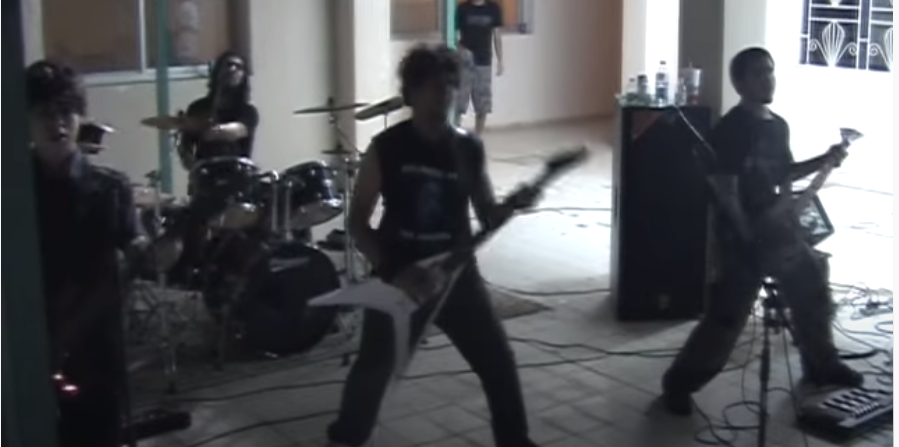Do you enjoy being one of 5 other headbangers in your local band’s gig (2 of which are the bassist’s parents)? Do you still read the poems of a schoolmate you hardly knew 20 years ago who is surprisingly still writing despite never being published? If you are like many others who find value and enjoyment in underground and alternative creative work, then why aren’t you doing the same for research work?
If you ask any researcher “how do you find papers to read?”, the answer is typically going to be by following top-tier conferences and journals of their field. “Top-tier”? That’s another way of saying mainstream. Conformists! If you question such a reader, they will barrage you with reasons such as being higher quality and impactful work coming from the strongest groups in the field. And I understand. This makes sense. But, like listening to mainstream music and McEating in an international franchise, there is something artificial about research work published in “top-tier” venues.
I started thinking why am I getting this sense of artificiality when reading from (and writing to) top-tier conferences. And I think that this bar that is made to make sense of what papers to get in and what papers to let go has created both superficial standards that are concerned with aesthetics and elegance as well as contrived standards that are concerned with contribution and novelty. And, again, I understand. The superficial standards are reflecting our inner desire for papers that are enjoyable to read. And I understand the need for high standards to let in the works that push the boundary of science.
However, the aesthetics and elegance factors are typically reflecting our unconscious desire for papers that makes us comfortable by conforming to the research community’s standards and ways of thinking. And the contribution/novelty standards are typically translated to finding niches of work that no one explored before. The danger in these two implications is that what is happening now is “paper engineering”. I do not know whether papers published in top venues are the best work in the field. But I know that they are the best-engineered papers. When I write a paper, I think about solving an interesting research problem. However, I feel that this is for myself. To get the paper published, I think “How can I paper-engineer this?” Unfortunately, this sometimes leads to losing (or obfuscating!) some conciseness, clarity, and simplicity of the original work.
Other than these finely paper-engineered works you are used to seeing in top-tier venues, there is another species of research work; let’s call them underground or alternative papers. These are papers that are written by authors without the goal of publishing in top tier venues. Authors who are doing research work for the enjoyment of doing it or as a pedagogical exercise in educational institutions. In these works, the authors have worked on a problem that they found interesting, found a solution that works, and sent to a venue with near 100% acceptance rate. They did not care how to show it is different from that other paper that was published a year ago. They did not care to contrive a complex model of thinking and placing their problem and solutions. And most importantly, they did not taint their work with needless complexity and “depth” (some might be due to the infamous reviewer 2!)
When you read an underground/alternative paper, you get a problem statement and solution that works. It is easy. It is straight-forward. And the insight is at your face with all its ugliness and simplicity. It did not do a paradigm shift. It did not open a new field. It solved a problem. And if you work on that problem, that’s what you need. Yes, the paper might look unappetizing, filled with typos and grammatical errors and figures with labels written in comic sans. But, you get that “realness” that is lost from mainstream “top-tier” papers.
I am not saying stop reading and publishing in top-tier venues. I still think that this is the right medium for such activities. But, do not miss the crude beauty and raw nature of underground/alternative research. And above all, do not forget to support your struggling local researchers.

I am in fact happy to read this webpage posts which consists of tons
of valuable information, thanks for providing these information.